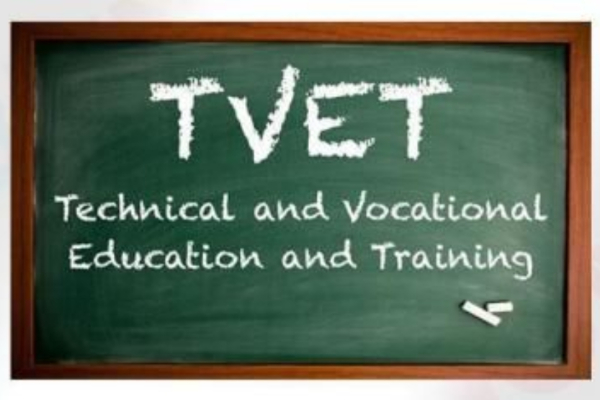TVETs can help mobilise youth for economic, food systems changes

Even as reports highlight economic progress, the reality for many low-income households paints a different picture. Rural communities continue to struggle with unemployment, poverty, and food insecurity. Parents worry as they witness the fading potential of their children, trapped in cycles of despair. To change this trajectory, we must embrace self-strengthening.
Self-strengthening in this case refers to a mindset and systemic approach that equips young people with the skills, vision, and determination to rebuild local economies and communities. Orville Schell and John Delury aptly illustrate this in their book Wealth and Power.
The process of self-strengthening must take a multipronged approach. At its foundation are trust, hope, and a grand vision. This should be followed by initiatives focusing on enterprise development, leadership, governance, and education. To make meaningful strides under the clouds of despair, courage, determination, and hard work are indispensable.
During a recent visit to my rural area, I asked a technical and vocational trainer how we might awaken the spirit of young people. His response was concise yet profound: “Change of perspective.” Probing further, it became clear that while the idea seems simple, the reality is complex and requires a collaborative approach.
The remedy may begin with technical and vocational education and training (TVET) institutions. Located within local communities, TVETs are designed to address the needs of local markets. With renewed government focus on these institutions, there is an opportunity to build a strong coalition of young people to strengthen the economy. However, to truly succeed, the exchange and flow of ideas must not remain confined to the same locality.
This is where research and communication become integral to the self-strengthening process. Cross-pollination of ideas from local to global will position TVETs as a viable tool for transformation. For instance, how do digital hubs and TVET students collaborate to facilitate and enhance local enterprise.
Food insecurity, one of the harsh outcomes of dwindling economic fortunes in rural areas, presents both a challenge and an opportunity. As food systems transformation becomes a global and local call to action in the midst of changing climate, TVET institutions must take their rightful place in addressing these challenges.
Collaborative governance will be key. Partnerships between national and county governments, private sectors, and TVET institutions can bridge the development gap. For instance, research indicates that agricultural extension services are currently inadequate, contributing to declining agricultural productivity. This gap could be addressed by leveraging the expertise of TVET students.
Moreover, as demand for innovative technology rises, TVETs offer a platform to scale the necessary knowledge. However, the support of stakeholders is critical. As scarcity of resources remains a significant bottleneck to effective transformation.
One major barrier to empowering rural youth is their lack of exposure to a wide range of perspectives. Exchange programmes could address this by asking and answering critical questions: What best practices are being implemented in other parts of the country and globe? What governance mechanisms are driving and accelerating change? How are young people contributing to local, national and global governance? Such reflections could help reimagine existing processes and inspire innovative solutions.
Most important is fostering conversation. Until the debate on rejuvenating the spirit of our youth population reaches a critical mass, hopelessness and despair will persist.
— The writer is a UN global food system Youth Leader and a climate change and food system policy Communication
Consultant















